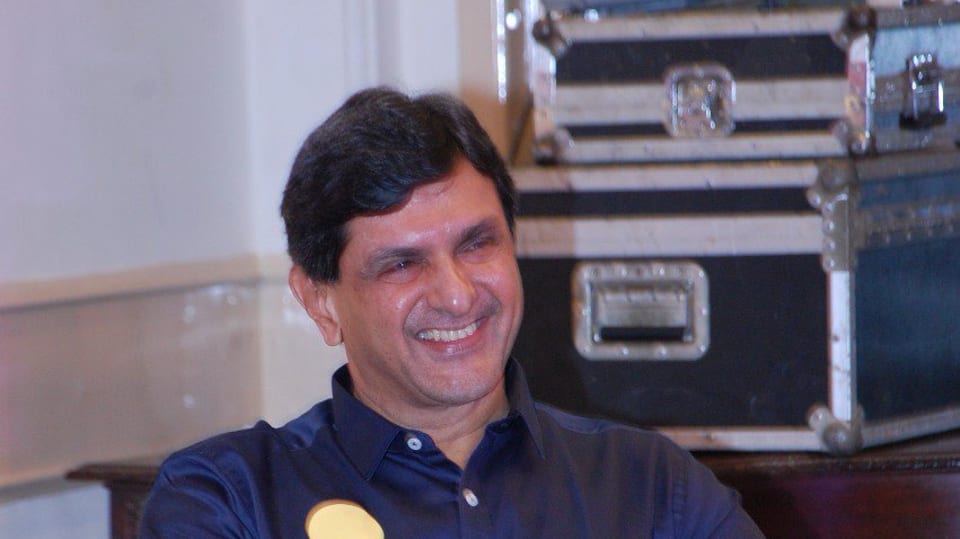Prakash Padukone: Calculated risks can make the difference
The badminton great narrated an anecdote from his life and talked about how each athlete must make their own decisions.

Before badminton became mainstream in India, the only name reverberating with the sport in the country was that of Prakash Padukone.
The former Indian badminton star most famously won the 1980 All England Open, considered one of the most prestigious badminton events, to add to his gold at the 1978 Commonwealth Games, a feat that was not matched by an Indian male until 2014.
In an era where the infrastructure was still developing, the shuttler trained himself and had to take the decision to devote his full attention to badminton after finishing his 10th grade.
“I’d say I take calculated risks,” Prakash Padukone stated when asked by host Nandan Kamath if he considered himself a risk-taker or a conservative person in the talk show Staying Ahead of the Curve – The Power of Trust.
“I have taken quite a few risks in my sporting career.”
Having gone against the grain once in a middle-class Indian household early in his career, his family did not want him to take a similar one at a much more established stage in his life.
“After winning All England in 1980, I got the opportunity to play for a professional club in Denmark. I held a senior position at the bank and if I wanted to go, I had to leave that post,” the 64-year-old revealed.
“I had got two promotions after winning in 1978 and 1980 and my parents were against the idea of me leaving a well-paying, secure job for something uncertain. However, I took a calculated risk then.
“I had won the national title seven or eight times by then, so travelling to Denmark was the only option for me to excel and remain at the top,” stated the former world no.1.
The experience taught him a lot of things on and off court, but Prakash Padukone also highlighted the fact that not everyone should follow that path simply because he did it.
“I’d tell people to exercise caution and not take undue risks. Weigh the pros and cons carefully, analyze the stage at which you are in your career and see if it would be feasible for you,” he emphasised.
